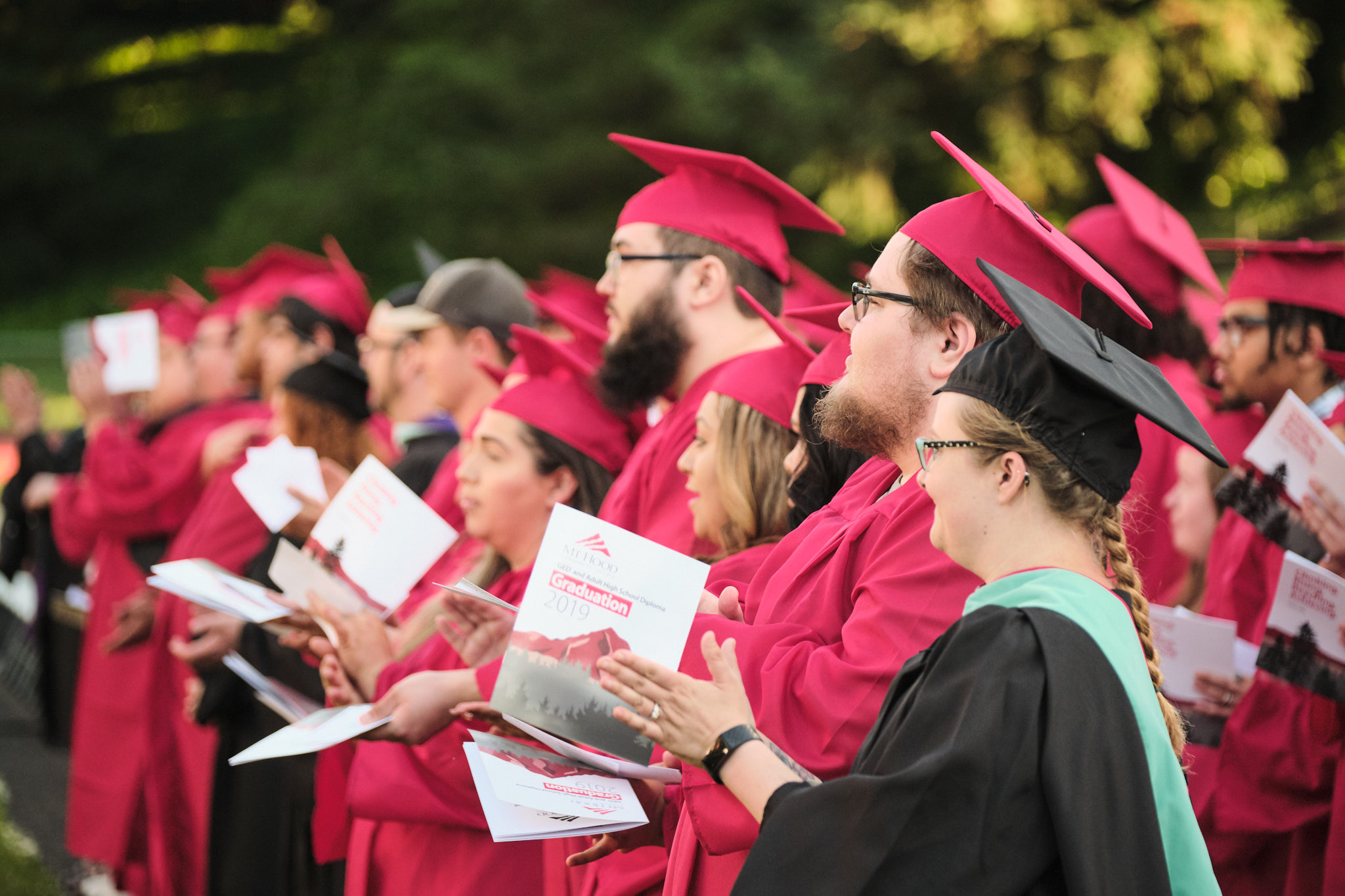
Forest Resources - After Graduation
The forest resources program at Mt. Hood Community College (MHCC) gives you the skills and knowledge to start a meaningful career. Here are just a few of the career opportunities available to you after graduation.
Future Careers
MHCC Career Coaches are here to help you explore your career options after graduation. Below are a few common paths graduates can pursue.
Foresters
As a forester, you will monitor contract compliance and the results of forestry activities to assure adherence to government regulations. You will also plan and supervise forestry projects, such as determining the type, number, and placement of trees to be planted, manage tree nurseries, thin forest and monitor growth of new seedlings.
Forest and Conservation Workers
In such roles, you will check equipment to ensure it is operating correctly and confer with other workers to discuss safety, cutting heights, or work needs.
Forest and Conservation Technicians
In these roles, your daily tasks will include training and leading forest and conservation workers in seasonal activities, such as planting tree seedlings, putting out forest fires, and maintaining recreational facilities. Plus, you will patrol parks or forest areas to protect resources and prevent damage.
Park Naturalists
As a park naturalist, you will be responsible for planning and organizing public events and providing visitor services such as explaining regulations, answering visitor requests, needs, and complaints, and providing information about the park and surrounding areas.
Conservation Scientists
If you choose to become a conservation scientist, you will spend time implementing soil or water management techniques, such as nutrient management, erosion control, buffers, or filter strips, following conservation plans. You will advise land users, such as farmers or ranchers, on projects, problems, or alternative conservation solutions.
Range Managers
As a range manager, you are responsible for maintaining soil stability and vegetation for non-grazing uses such as wildlife habitats and outdoor recreation. You will also need to study grazing patterns to determine the number and kind of livestock that can be most profitably grazed and the best grazing seasons.
Learn more with MHCC's Career coachProfessional Organizations
Professional organizations are a great way to demonstrate your commitment to advancing in your field and growing its role in your community! Here are local options to consider.
Take the next step with Mt. Hood Community College
Have questions about the Forest Resources Program?
Read Forest Resources Frequently Asked Questions